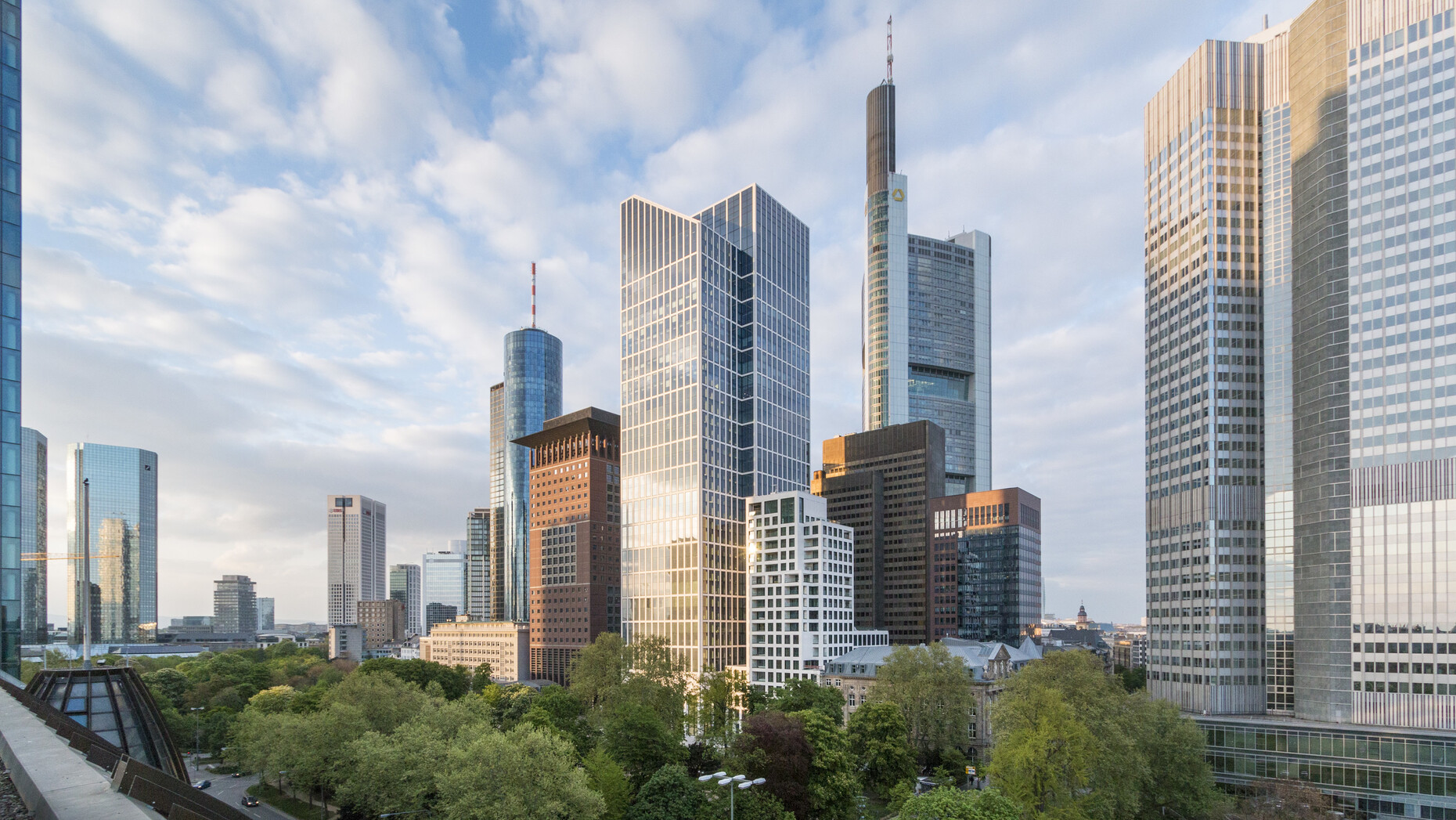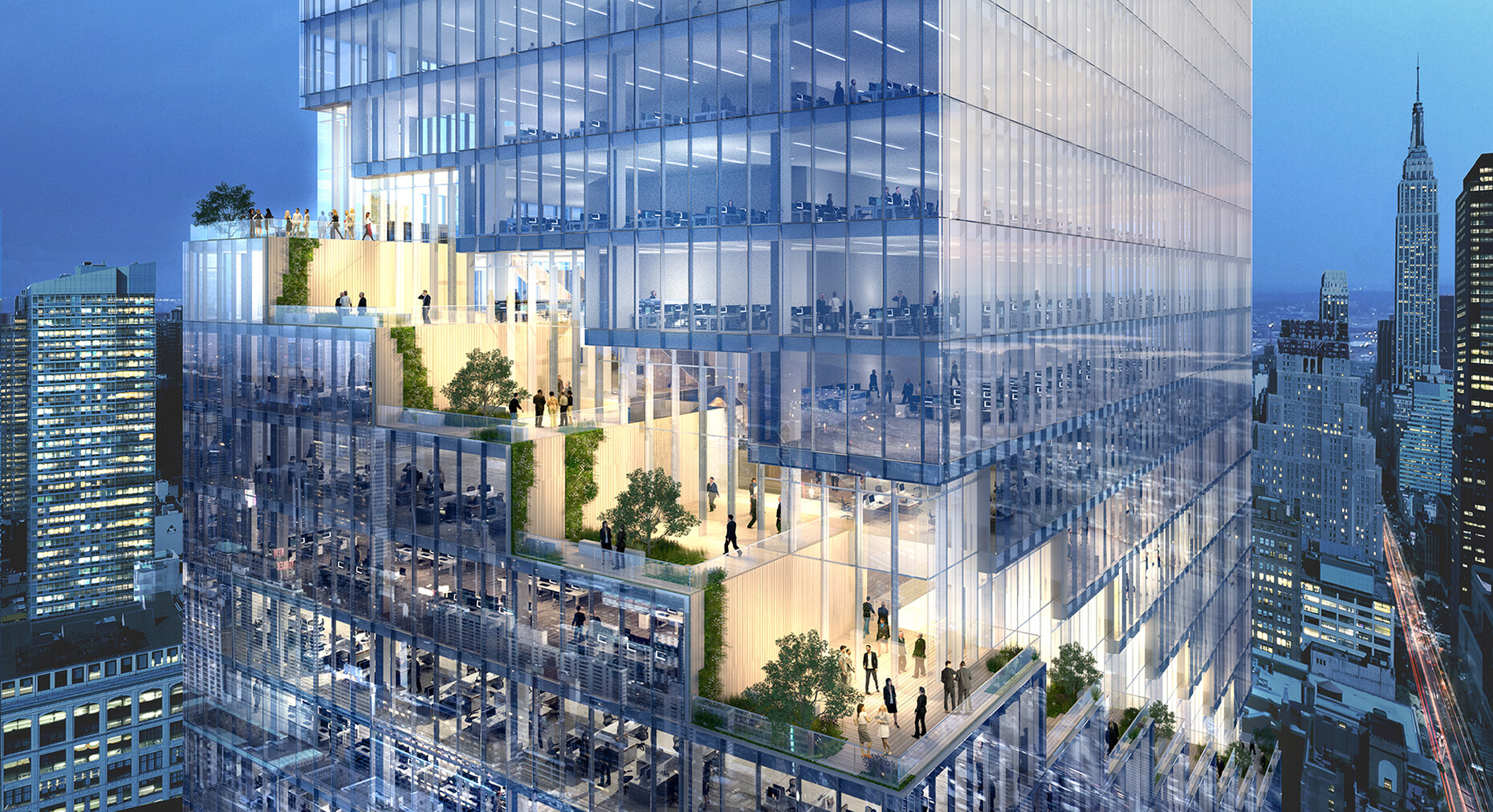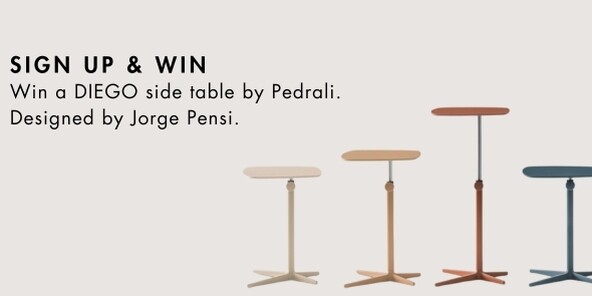STYLEPARK SIGEL
“A new feeling of belonging”
Robert Volhard: In recent months, the COVID-19 pandemic has wreaked havoc in many areas. That also goes for the use of office space. What impact is this having on your firm?
Florian Reiff: The whole thing feels like an enormous experiment and we simply can’t yet fully predict the outcome. But I can say one thing for certain: Anyone who doesn’t adapt to the changes will get into trouble. Naturally, there are regional variations. In California the occupancy rate for offices is close to zero, in New York it totals roughly five percent. In London it is about 13 percent and in Frankfurt/Main about 50 to 60 percent. Naturally, that is only a snapshot of the current situation.
How are you dealing with it?
Florian Reiff: Our local teams talk regularly to our users and get a lot of feedback. Like I said, in many areas you can’t say how things will play out, but we can detect certain trends. Many firms are recognizing the advantages of working from home at the moment, but that is not a long-term solution. Many are already complaining about the lack of innovation and that the corporate culture is suffering. How are you to introduce a new recruit to your corporate culture while working remotely or be a mentor for younger colleagues?
You have just touched on the regional differences. One of your current projects that you are developing with BIG is the high-rise project “The Spiral” in New York, which is under construction. In 2019, in the form of the “Omniturm” in Frankfurt you completed another high-rise designed by BIG. What is special about these two projects?
Florian Reiff: In the case of both projects our intention was to develop a sustainable office building fit for the future. And the topic of mixed use plays a huge role in this context. In Frankfurt specifically the key topic in this regard is first and foremost that of housing. We realized during marketing that due to the inclusion of apartments “Omniturm” is perceived differently and is imbued with an emotional component. That is also reflected in the architectural language and room design. Take the lobby, which has a wooden floor that makes it seem more approachable and inviting.
And with “The Spiral” in New York?
Florian Reiff: For this project Bjarke Ingels coined the slogan “From the High Line to the skyline”. In other words, New York’s green High Line winds around the tower in the form of green roof terraces. In the future planning of office spaces, the quality of the outdoor space will definitely play a greater role.
But the planning of forward-looking office buildings will not only involve the topics of mixed use and outdoor spaces. There will also be a stronger focus on new concepts for structuring and designing office spaces. For example, at Stylepark we have noticed that far fewer workplaces are being offered. Instead, the meeting areas are getting bigger and bigger. Have you discerned a similar trend?
Florian Reiff: Today, offices no longer serve solely to provide space for firms to conduct their business. A more important purpose is to engender a feeling of community, of belonging. I go to the office because I want to belong to the company. This sentiment is also mirrored in our talks with users. There are firms who are in the process of closing some of their departments so as to create communication spaces instead because these are areas that cannot be replaced through remote working. In other words, in future there will be a stronger mixture of both areas. On the one hand, it has emerged that working virtually definitely offers advantages, but on the other hand it cannot replace unofficial meetings or talks at the coffee dispenser. In other words, the social component has a considerable influence on the design of future office spaces.
Robert Volhard: Do you also offer your users concepts for restructuring their offices?
Florian Reiff: Naturally, as efforts continue to overcome the pandemic, people are wondering what the New Normal will look like. This uncertainty means many firms are looking for flexible, and above all, global solutions, in part because they are not always sure how their business model will change. And there are even firms, who no longer want to deal with organizing their own offices. In such cases we not only offer offices with long-term leases but also some with shorter more flexible terms and if wished we can also actively run the whole thing for the firm.
In other words, you offer a kind of coworking service model.
Florian Reiff: Correct, however, even before Covid-19 we had a coworking brand called “Studio”. Looking after private offices goes one step further; we call this option “Studio Private”. In this case we provide a manager, who handles the office organization of the respective company. That incorporates flexible retrofits, providing the furnishing but also things like getting the coffee machine serviced. Owing to Covid-19 this trend has really taken off.
I have a question as regards the topic of access: As everyone knows, high-rises are accessed primarily via elevators. However, people are supposed to avoid using them because of Covid-19. How are you dealing with this?
Florian Reiff: At the moment we have such low occupancy rates that this issue does not really play that much of a role. What will be decisive will be how offices are used in future and how flexible working models are. If everybody doesn’t need to be in the office at the same time then there is a lower risk, of course.
Elevator manufacturer Schindler is currently working on equipping its lifts with UV-C radiation in order to ensure they meet a certain hygiene. There are also technical options for tackling the problem.
Florian Reiff: Yes, that’s right. We are just testing a contact-free access system in TaunusTurm in Frankfurt. The whole thing works with a smartphone via Bluetooth. What happens is that the smartphone recognizes automatically whether it is really the right user or not. But the digital options not only include hygiene- or safety aspects but can also have a social component. For example, we offer an app named ZO. that allows users to take advantage of various offerings regarding socializing outside work. For example, you can book a yoga course or organize a reading. The intermeshing of work and social interaction will become increasingly important for office spaces.









